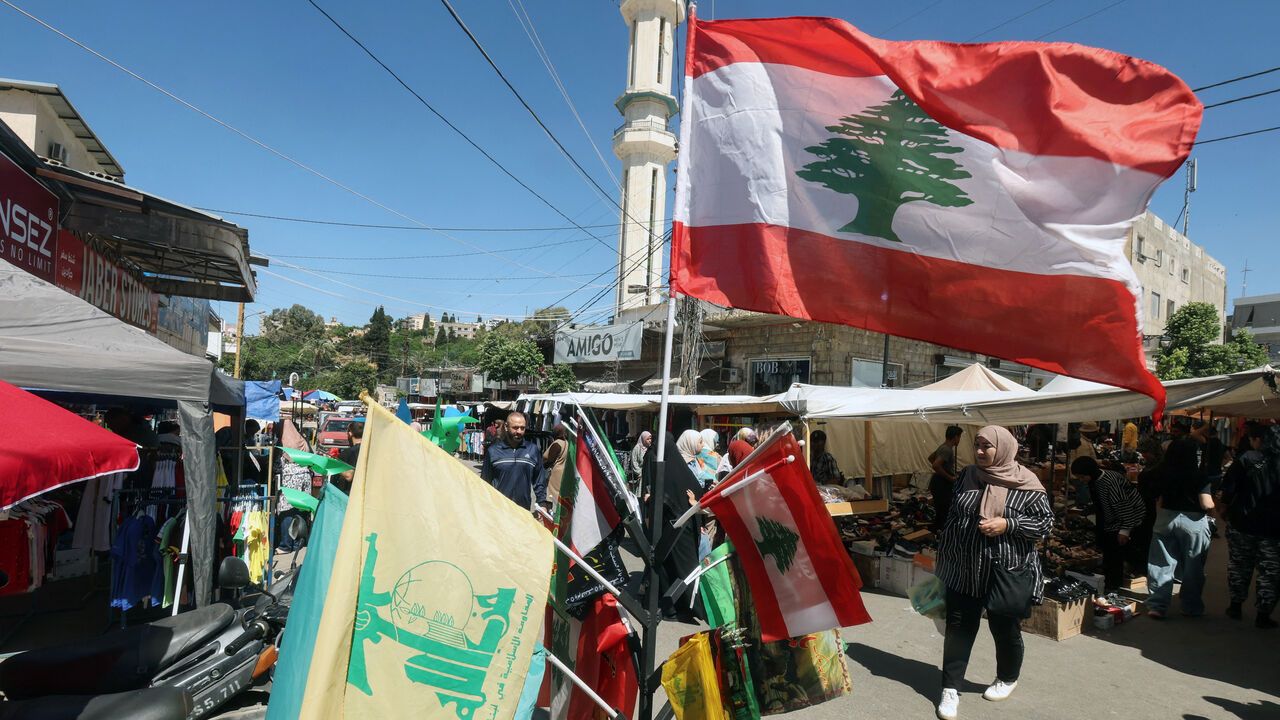
Source: economist.com
Image content: The image shows a bustling outdoor market street lined with stalls and shoppers. Large flags dominate the scene, including several Lebanese flags with the cedar tree and a yellow flag with green Arabic text. A tall minaret rises in the background under a clear sky.
Summary
Across the Arab world, the latest Israel–Iran confrontation is unfolding with an unusual spectator posture, as many express relief that the conflict has not engulfed Arab states. Central to this dynamic is Hezbollah’s conspicuous restraint: now led by Naim Qassem and projecting a more Lebanon-centric identity, the group is refraining from direct involvement despite its longstanding ties to Tehran. Domestic pressures in crisis-stricken Lebanon, degraded military capacity following previous clashes, and a judgment that Iran’s survival is not currently at stake all contribute to its caution. While this detachment reduces Hezbollah’s immediate utility to Iran and tempers regional escalation, the situation remains fragile and could shift quickly.
Key Points
- Arab publics largely watch the Israel–Iran conflict from the sidelines, relieved it isn’t on their soil.
- Hezbollah signals a Lebanon-first stance under Naim Qassem, downplaying visible Iranian affiliation.
- Domestic constraints and weakened capacity deter Hezbollah from opening a new front.
- Hezbollah judges Iran is not existentially threatened, lowering incentives to intervene now.
- The region’s calm is tenuous, with risks of rapid escalation if dynamics change.